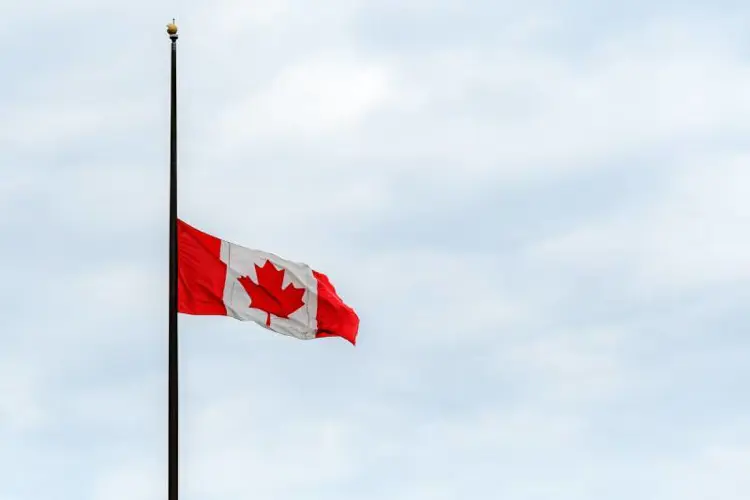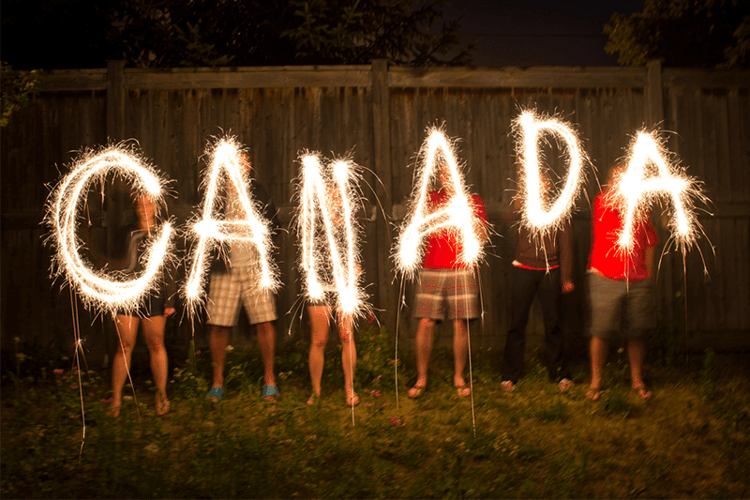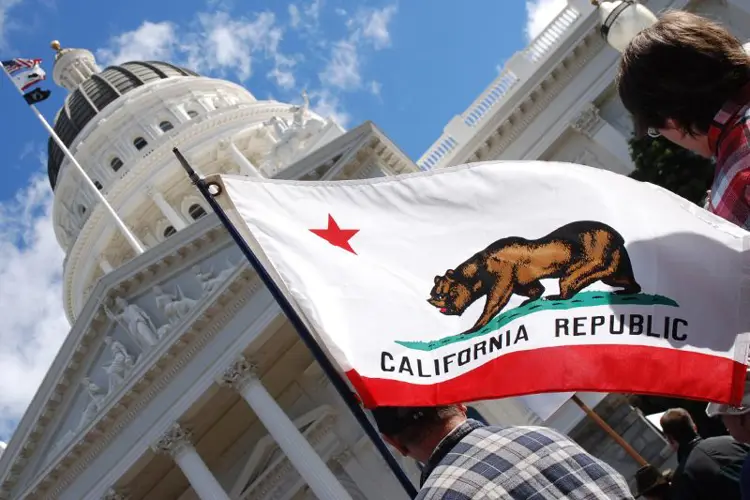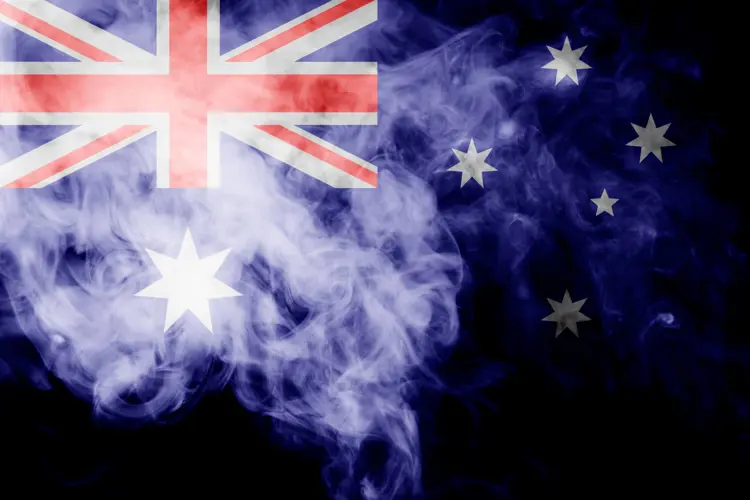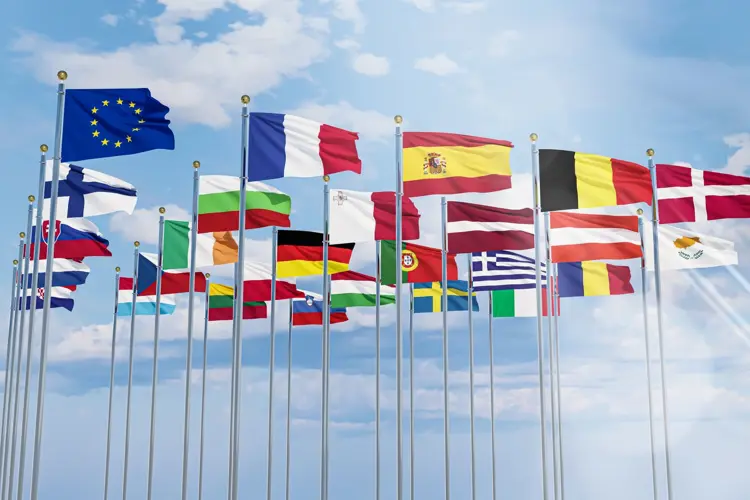Canadian anti-vaping activists really want an epidemic of their own, but Health Canada doesn’t yet seem interested in following FDA Commissioner Scott Gottlieb’s lead and declaring teen vaping to be a crisis.
The chill regulators are being pressured by the Canadian Paediatric Society to ban flavors, based on...well, nothing really. Survey numbers don't show any increase in youth vaping, but since their U.S. counterparts from the American Academy of Pediatrics want a complete flavored vape ban here in the States, the Canadian doctors want a ban too.
The docs are especially concerned because Canada is the only country aside from the U.S. to allow sales of the full-strength (59 mg/mL) JUUL, which is the primary target of anti-vaping activists in America. The San Francisco-based vape company has been accused of addicting a generation to nicotine, and is the reason the FDA announced a partial ban on flavored vaping products.
The Canadian rules include restrictions on “promoting” candy and dessert flavors.
But Health Canada isn’t falling over to please the crusading pediatricians, and isn’t singling out JUUL for special attention either. In fact, the agency is pushing back pretty hard on the flavor ban idea.
"Flavours help make vaping liquids palatable to adult smokers seeking a less harmful alternative to tobacco," a Health Canada spokesperson told the CBC. "Therefore, the use of flavours in vaping liquids is not prohibited under the [Tobacco and Vaping Products Act].”
Health Canada is the Canadian equivalent of the FDA, and is responsible for regulating vaping products, along with tobacco and drugs. After Parliament passed the Tobacco and Vaping Products Act (TVPA) earlier this year, Health Canada was given the task of implementing a regulatory scheme for the vaping industry. They’re still rolling it out.
The Canadian rules include restrictions on “promoting” candy and dessert flavors. Manufacturers can still make them, and retailers can still sell them, but they can’t give them names that accurately describe the flavors. So, an e-liquid maker can mix, say, a lemon pound cake flavor, but they have to call it something else, like Lemon #5 or Lemonkenny.
The pediatricians don’t like it. They want to have an epidemic.
That might sound ridiculous, but what it doesn’t sound like is prohibition. There’s no suggestion from Health Canada that it might ban flavors altogether, like the FDA has already tried to do once and might just be ready to do once and for all when it releases the flavor rules it’s currently working on. Health Canada is doing some other good stuff too.
We reported in September that Canadian regulators are working on statements vaping manufacturers can use to promote their products. And they’re mostly surprisingly honest and sensible statements about the risks of vaping. “Switching completely from smoking to e-cigarettes will reduce harms to your health,” reads one potential choice. “If you are a smoker, switching completely to vaping is a much less harmful option,” says another.
The pediatricians don’t like it. They want to have an epidemic. And they really don’t like JUUL.
JUUL Labs launched the iconic vape in Canada in September. Other countries where JUUL is sold — the U.K. and Israel, so far — restrict the nicotine content of vaping products to 20 mg/mL, so the JUUL is sold with compliant (and weak) e-liquid. But Canada has the standard 59 mg/mL (5% by weight) nicotine pods like the U.S.
In the U.S., JUUL also sells 3% versions of its Virginia Tobacco and Mint pods. Those are now also available in Canada, and in fact JUUL has gone a step further there, offering its Mango, Vanilla, and Fruit pods in the 3% strength too.
The Freemax REXA PRO and REXA SMART are highly advanced pod vapes, offering seemingly endless features, beautiful touchscreens, and new DUOMAX pods.
The OXVA XLIM Pro 2 DNA is powered by a custom-made Evolv DNA chipset, offering a Replay function and dry hit protection. Read our review to find out more.
The SKE Bar is a 2 mL replaceable pod vape with a 500 mAh battery, a 1.2-ohm mesh coil, and 35 flavors to choose from in 2% nicotine.
Because of declining cigarette sales, state governments in the U.S. and countries around the world are looking to vapor products as a new source of tax revenue.
The legal age to buy e-cigarettes and other vaping products varies around the world. The United States recently changed the legal minimum sales age to 21.
A list of vaping product flavor bans and online sales bans in the United States, and sales and possession bans in other countries.







